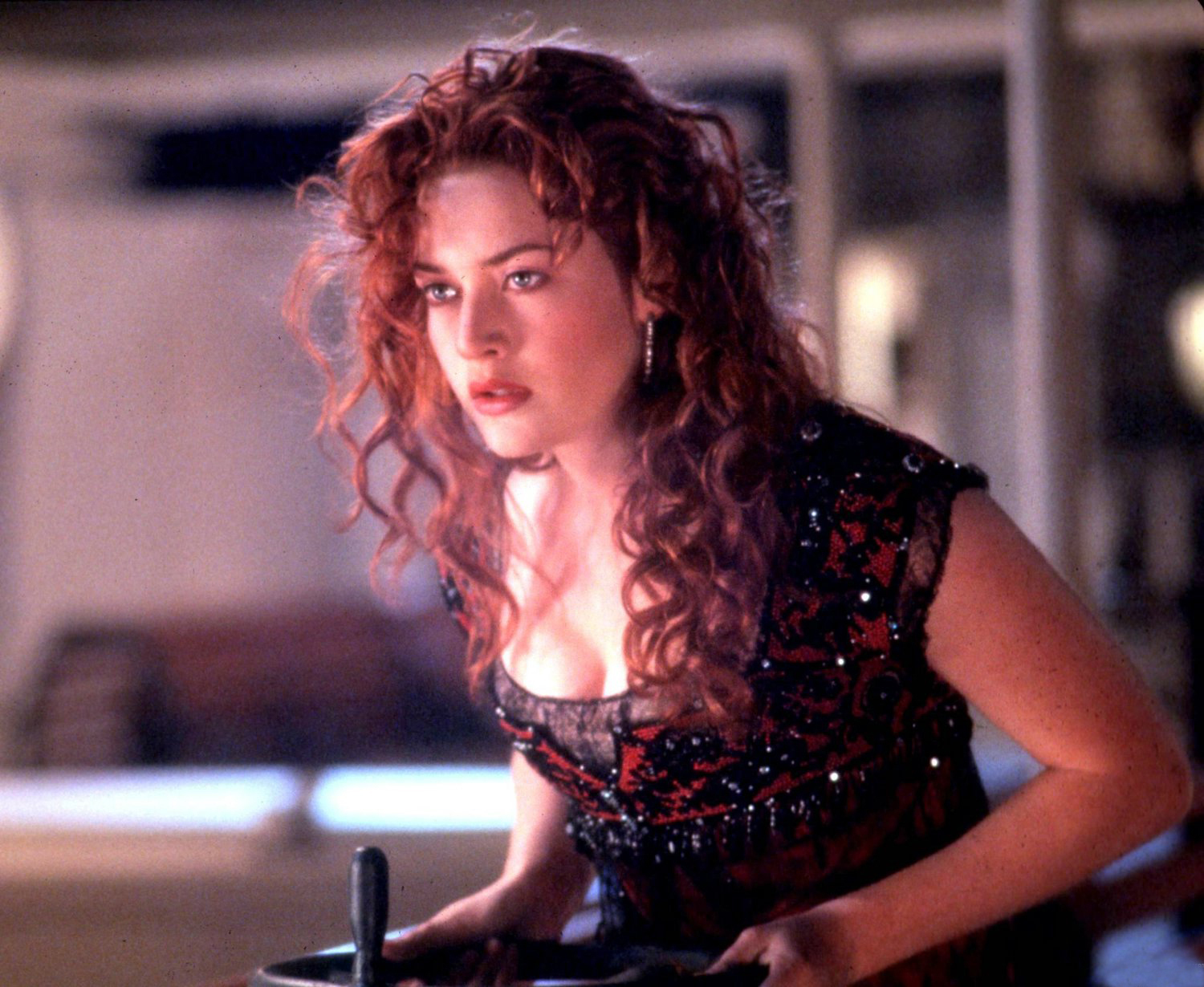In the movie, Rose is being forced to live a high society life all because her mother can't let go of her upper-class lifestyle. Rose's fiancé, Cal, is the biggest jerk ever, her mother is a selfish and cold woman, the people they entertain themselves with are snobby and fake, and Rose feels as if her life is "an endless parade of parties and cotillions." At one point Rose's mother remarks, "The purpose of university is to find a suitable husband. Rose has already done that." Rose, who is an articulate, bright, determined young woman, is denied freedom and an education... she's being forced into a mold that 1912 society as placed upon women in her position. Anyway, I digress...
[According to the Myth of Woman] Women Are:
- inscrutable
- mysterious
- "natural"
- silent
- irrational, instinctive
- beautiful
I'm no feminist, but women do not need men to steer them in life. We
aren't irrational or silent... at least not silent anymore. Rose
certainly is not. For example, when the men at her table are talking
about how they're so happy that Titanic is so gigantic, Rose retorts
with something along the lines of "Are you aware of the theories of
Freud, Mr. Ismay? His theories about the male preoccupation with size
may be of particular interest to you." As it turns out, Ismay has no idea who
Freud is, so the insult is totally lost on him. Like I said, Rose is
smart. And witty. Also, we are only as mysterious as men want us to be.
Maybe they don't/didn't find us important enough to really contemplate,
or maybe they didn't see us as anything complex enough to have
dimensions. The fact is, the myth that Simone de Beauvoir proposes
really is true. I think it is especially clear in movies/books about
women's insecurities/unhappiness/disillusionment in the 50s and 60s.
Although Richard Yates's book Revolutionary Road is about the
disillusionment of an entire family, I think it's an important book and
movie about the fragility and complexity of the female mind (although
April, in my opinion, isn't exactly sane...)
As for the Sleeping Beauty myth, I think that April Wheeler in Revolutionary Road and for Rose DuWitt Bukater (Kate Winslet chooses the best roles!) in Titanic did wake up from a dream when they were kissed. I think their dreams were nightmares though. Just because a woman finds out that a man loves her, it doesn't mean that all of life's problems go away, that she is going to devote herself body and soul to her new beau, that all of her previous hopes and dreams are now invalid. I think that used to be the male mentality, and it probably still is to a certain extent because that's what we girls tend to swoon over in movies. It's unrealistic unless the girl's a total pushover. I think it's important to remember that a woman is made of layers, not unlike Shrek, and she isn't going to magically be whole when a man steps into the picture and carries her over the threshold. We have our own logical reasons for doing things, even if men think they're stupid or "irrational." Really, though, if we're so irrational, why can't a man just stop and ask for directions instead of driving around for hours? If that's not illogical, I don't know what is. Especially since gas is nearing $4 a gallon.





